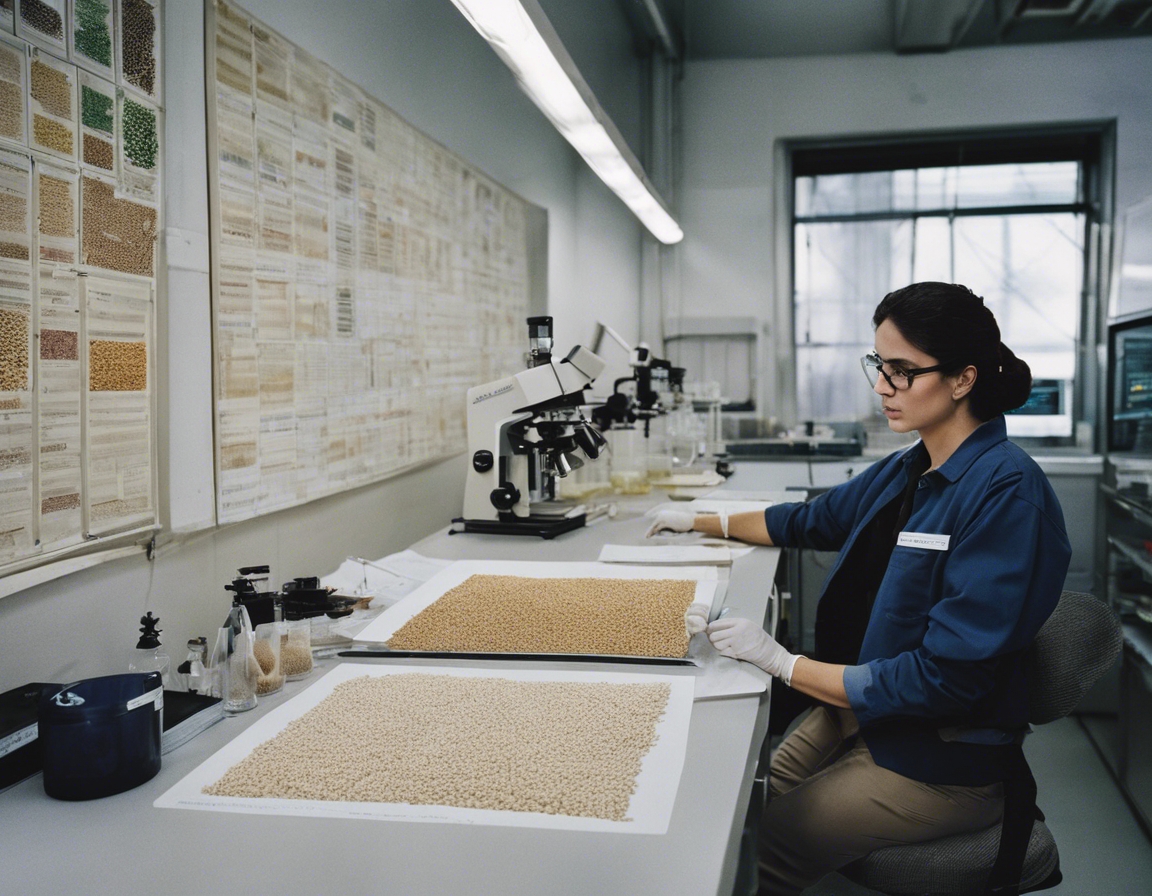The benefits of growing cereals organically
Organic agriculture is a holistic production management system that promotes and enhances ecosystem health, including biodiversity, biological cycles, and soil biological activity. It is based on minimal use of off-farm inputs and on management practices that restore, maintain, and enhance ecological harmony.
With a growing global consciousness towards health and environmental sustainability, organic cereal production has seen a significant uptick. Cereals such as wheat, barley, oats, and rye are increasingly being cultivated under organic protocols to meet the rising demand for organic feed and food products.
Environmental Benefits
Organic cereal farming places a strong emphasis on maintaining and improving soil fertility. Crop rotations, green manures, and organic compost are used to enhance soil structure and fertility, leading to a more sustainable farming system.
Organic farming practices encourage a diverse range of flora and fauna, which helps to maintain ecological balance and reduce the likelihood of pest outbreaks.
Organic cereals are often grown using practices that conserve water and reduce runoff, leading to improved water quality in surrounding ecosystems.
By sequestering carbon in the soil through organic practices, cereal farmers can play a role in mitigating climate change.
Health and Safety Advantages
Organic cereal production eliminates the use of synthetic pesticides and fertilizers, reducing the risk of chemical residues in food products and the environment.
Some studies suggest that organic cereals may have higher nutritional content, including antioxidants and vitamins, compared to conventionally grown counterparts.
Economic and Operational Benefits
The market for organic cereals is growing, allowing farmers to command premium prices for their organic products.
Many governments offer incentives and support for organic farming practices, which can help offset the costs of transitioning and maintaining organic certification.
Organic cereal farming can lead to greater sustainability and self-sufficiency, reducing reliance on external inputs and enhancing farm resilience.
Challenges and Considerations
Transitioning to organic farming requires a commitment to learning new practices and a willingness to adapt to a different farming system.
Organic cereal farmers must use integrated pest management strategies and other organic methods to manage pests and diseases.
While organic yields can be lower initially, proper crop rotation and soil management can lead to comparable yields over time.






Comments (0)